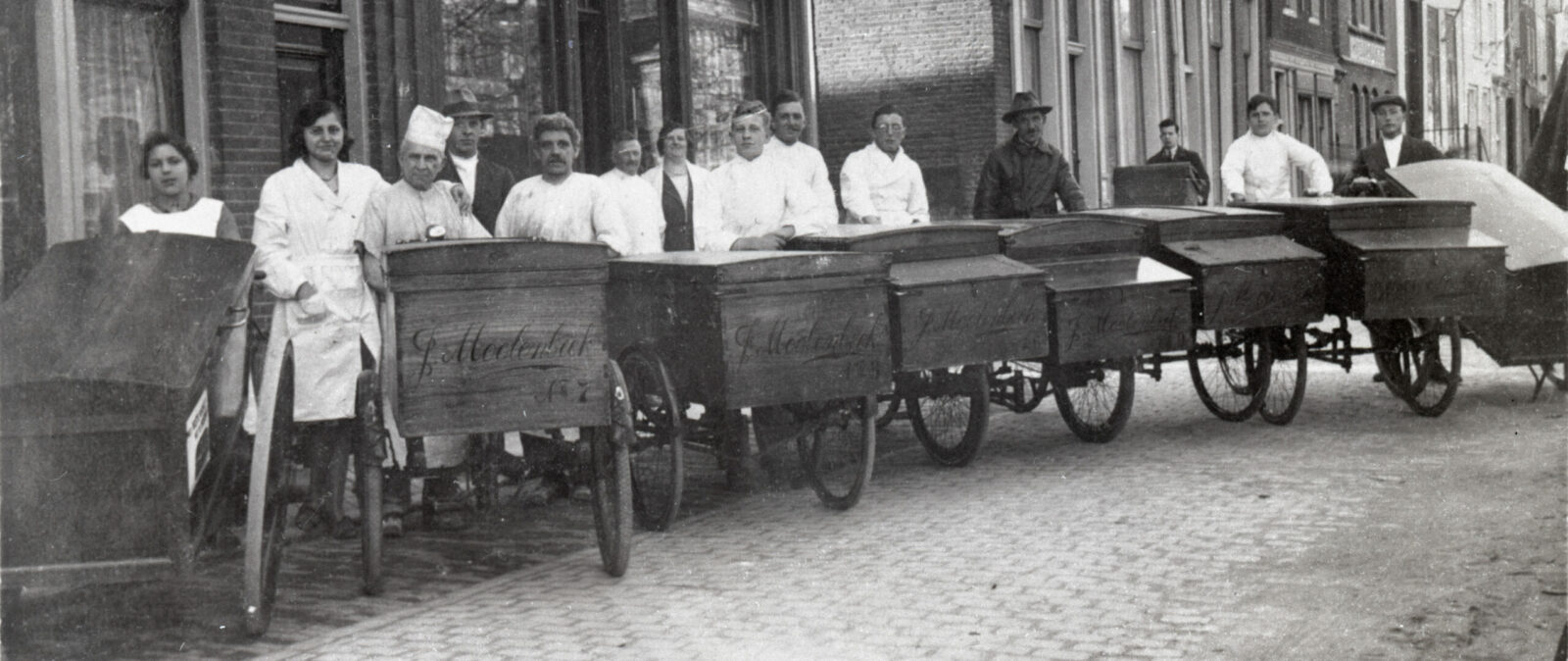News
Several Posthumus fellows receive NWO-XS Grant
The Dutch Research Council (NWO) has awarded several fellows of the N.W. Posthumus Institute an NWO XS Grant. This grant is awarded for ideas with a maximum budget of 50,000 euro that hold great promise and aim to enable proposals for curiosity-driven, innovative research in the research fields covered by the NWO Domain Social Sciences and Humanities.
The laureates are (in alphabetical order):
Dr Corinne Boter (Utrecht University)
Corinne’s research project ‘Technological change and gender inequality: A comparison between a Dutch and an Italian textile company, 1870-1920’ investigates how the technological advancements of the Industrial Revolution affected the extent of gendered occupational segregation and the gender wage gap, by studying company-level developments. The project employs comparative methods to investigate to what extent similar technological advancements in textile companies in different cultural contexts (the Netherlands and Italy), had similar or different effects.
Dr Swantje Falcke (Utrecht University)
Swantje’s research project ‘Environmental change and migration patterns in the Netherlands: A long term view’ investigates the long-term relationship between environmental change and migration in the Netherlands from 1812 to 2023. The central question to the project is who migrates in response to environmental change, and why. The findings aim to inform policy interventions to protect vulnerable populations and advance the academic understanding of environmental migration.
Dr Felix Meier zu Selhausen (Utrecht University)
Felix’ project ‘Colonial origins of African population growth? Evidence from missionary church registers in Tanzania’ will collect unexplored historical church registers of the earliest ten Lutheran mission stations in Tanzania to reconstruct and examine child mortality and fertility change under colonial rule. This will significantly improve the understanding of the historical origins of African population growth and shed new light on when and why health improved in the world’s poorest region.
Dr Daniel Gallardo Albarrán (Wageningen University and Research)
Daniels project ‘Cholera Contagion: The Role of Climate and Mobility in European Pandemics’ uses interdisciplinary techniques – from history, demography and epidemiology — to study how climate and human mobility shaped cholera diffusion in Europe before 1914, when major epidemics occurred. The project informs debates on how climate affected people’s health in history, and how it may influence future diarrheal disease outbreaks.
Dr Matthias Rosenbaum-Feldbrügge (Radboud Institute for Culture & History)
Matthias is researching family ties among enslaved people in Surinam between 1848 and 1863. By drawing connections within the recently published slave registers, family ties through the mother’s side can be reconstructed of approximately 60,000 individuals. Moreover, together with two student assistants he researches paternal family networks on four plantations, based on missionary sources. The project offers unique insights into family networks and survival strategies, and helps descendants discover their family history.
Dr Coen van Galen (Radboud Institute for Culture & History
The focus of Dr van Galen’s research project is on how many people lived in slavery in Surinam between 1650 and 1863. He is developing a new demographic model to estimate the total number of enslaved people. Existing models were not suitable due to the extremely high death rates at plantations. Thanks to numerous historical sources from Surinam, this research project offers an important contribution to the social and scientific debate around slavery.
The N.W. Posthumus Institute congratulates all grantees!


